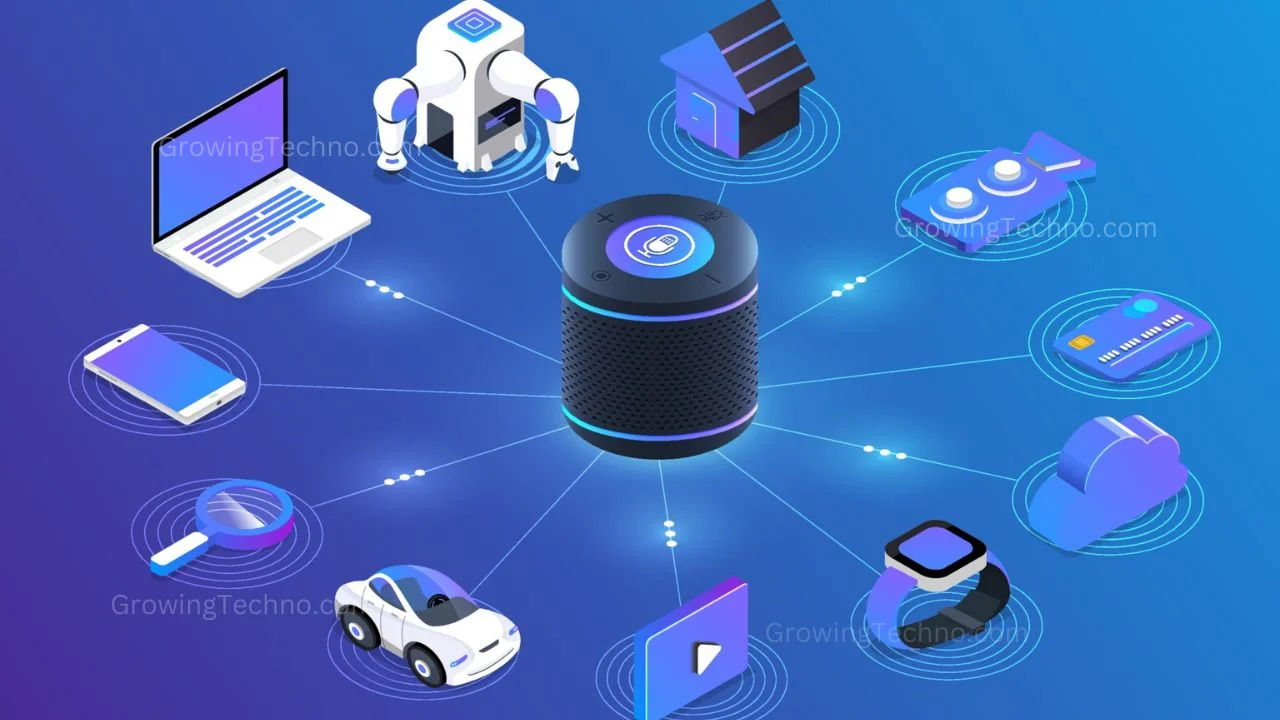
In the ever-evolving landscape of artificial intelligence (AI), the pursuit of achieving Artificial General Intelligence (AGI) is an endeavor that has captured the imaginations of scientists, researchers, and futurists alike. AGI, often referred to as “strong AI,” is the concept of machines possessing human-like cognitive abilities. As we stand on the precipice of this technological frontier, the question arises: Is AGI on the horizon?
AGI vs. Narrow AI
Before delving further, it’s crucial to distinguish between Artificial General Intelligence (AGI) and Narrow AI, which dominates our current AI landscape. Narrow AI is designed for specific tasks, such as image recognition, language translation, or playing board games like chess or Go. These systems excel within their predefined domains but lack the versatility of human intelligence.
AGI, on the other hand, aims to replicate human intelligence across a broad spectrum of tasks. It possesses the capacity to understand, learn, and adapt across various domains, just as humans do.
The Quest for Generalization
The pursuit of AGI is driven by the aspiration to create machines that generalize knowledge, enabling them to perform a wide array of tasks with a high level of proficiency. Achieving this level of adaptability is considered the pinnacle of AI development.
The Challenges Ahead
While the dream of AGI is tantalizing, it is by no means an easy feat. Numerous challenges stand in the way:
- Computational Power: Creating AGI requires immense computational resources. Modern supercomputers are powerful, but they are still far from matching the processing capabilities of the human brain.
- Data Requirements: AGI systems need access to vast amounts of data for learning and generalizing knowledge. Curating such datasets is a monumental task.
- Understanding Context: Teaching machines to understand context, common sense reasoning, and emotional intelligence remains a significant challenge.
- Ethical Concerns: The development of AGI raises ethical questions regarding its impact on employment, privacy, and control over these intelligent systems.
Implications of AGI
The potential implications of AGI are profound and far-reaching:
- Automation Revolution: AGI has the potential to automate a wide range of tasks across industries, from healthcare to finance, potentially transforming the global workforce.
- Scientific Discovery: AGI could accelerate scientific research by analyzing vast datasets and discovering patterns and insights beyond human capabilities.
- Personalized Learning: In education, AGI could personalize learning experiences, adapting to individual student needs and fostering better educational outcomes.
- Healthcare Breakthroughs: AGI’s analytical capabilities could lead to advanced diagnostics, drug discovery, and personalized treatment plans in healthcare.

The Journey Forward
While we cannot predict the exact timeline for achieving AGI, the journey itself is a testament to human ingenuity and innovation. Researchers continue to make significant strides in the field of AI, pushing the boundaries of what machines can achieve.
As we stand on the brink of AGI, it is essential to consider the ethical, societal, and economic implications. Preparing for this transformative era involves addressing questions of ethics, and regulation, and ensuring that AGI benefits all of humanity.
Conclusion
In conclusion, the era of Artificial General Intelligence is a tantalizing prospect that remains on the technological horizon. While significant challenges lie ahead, the relentless pursuit of AGI promises to revolutionize industries, shape our future, and challenge our understanding of intelligence itself.
Found this helpful? Share the wisdom!





















